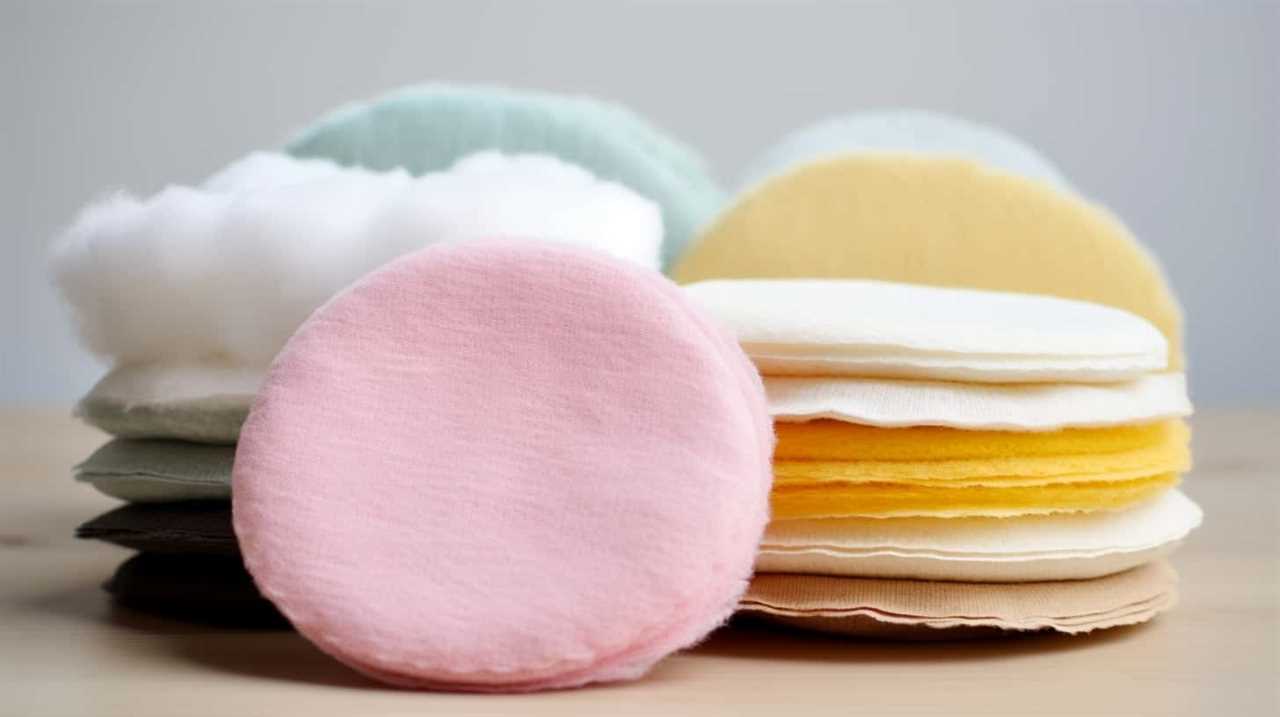Have you ever walked into your bathroom and been overwhelmed by a strong smell that feels like a punch in the face? We’ve all experienced it, questioning what could be causing that unpleasant odor emanating from our sink.
Well, fear not! In this article, we will delve into the common causes of these stinky situations and provide you with some simple solutions to keep your bathroom smelling fresh.
So, let’s get to the bottom of why your bathroom sink smells!
Key Takeaways
- Foul odors in the bathroom sink can be caused by accumulation of food particles, hair, and soap scum in the drain.
- Bacterial growth in the damp and dark environment of the sink can contribute to unpleasant odors.
- Mold and mildew thrive in damp environments and can cause both health risks and unpleasant odors.
- Clogged drains can lead to water and debris accumulation, creating a breeding ground for bacteria and microorganisms that cause odors.
Foul Odors: Common Causes and Solutions
Frequently, we encounter foul odors emanating from our bathroom sink, but understanding the common causes and finding effective solutions can help alleviate this issue.

Proper bathroom sink maintenance is crucial in preventing unpleasant smells. One common cause of odor is the accumulation of food particles, hair, and soap scum in the drain. Regularly cleaning the drain and using a drain strainer can help prevent these substances from building up.
Another effective solution is to use deodorizing techniques. Pouring a mixture of vinegar and baking soda down the drain can help eliminate odors. Additionally, using a commercial drain cleaner specifically designed for bathroom sinks can be an effective solution.
Bacterial Growth: The Hidden Culprit
To understand the hidden culprit behind the foul odor in our bathroom sink, we must delve into the phenomenon of bacterial growth. Bacterial contamination is a common issue in sinks, and it can lead to unpleasant smells if left unchecked.
Here are some key points to consider:

- Bacteria thrive in damp and dark environments, making the bathroom sink an ideal breeding ground.
- Poor hygiene practices, such as not cleaning the sink regularly or allowing standing water to accumulate, can contribute to bacterial growth.
- Bacteria produce sulfur compounds, which are responsible for the unpleasant odor emanating from the sink.
To prevent bacterial contamination and eliminate the foul smell, it’s essential to maintain good hygiene practices. Regularly clean and disinfect the sink, ensure proper drainage to prevent water from pooling, and keep the sink dry when not in use.
Mold and Mildew: A Breeding Ground for Smells
Mold and mildew thrive in the damp and dark environment of a bathroom sink, creating a breeding ground for unpleasant smells. These fungi aren’t only unsightly but can also pose health risks.
To combat mold and mildew, it’s important to implement regular cleaning techniques. Scrubbing the sink with a mixture of vinegar and water can help remove existing mold and prevent its growth.
Additionally, proper ventilation options are crucial for preventing moisture buildup. Opening a window or using an exhaust fan can promote air circulation and reduce humidity levels in the bathroom.

By maintaining a clean and well-ventilated bathroom, you can prevent mold and mildew from taking hold and causing foul odors.
Now, let’s move on to the next topic: clogged drains, a blockage that stinks.
Clogged Drains: A Blockage That Stinks
One common culprit for unpleasant odors in bathroom sinks is a clogged drain. When drains become clogged, water and debris can accumulate, creating a breeding ground for bacteria and other microorganisms. As a result, foul odors can emanate from the sink, making the bathroom an unpleasant place to be.
To address this issue, regular drain cleaning is essential. Here are a few reasons why drain cleaning and plumbing maintenance are crucial:

- Prevents clogs: Regular cleaning removes debris and prevents the buildup that leads to clogs.
- Eliminates odors: By removing the source of the odor, drain cleaning helps to keep bathroom sinks smelling fresh.
- Maintains proper drainage: Cleaning the drain ensures that water flows freely, preventing backups and potential water damage.
Prevention Tips: Keeping Your Bathroom Sink Fresh
To keep our bathroom sink fresh and free from unpleasant odors, we can take preventive measures to maintain its cleanliness and functionality.
Sink maintenance is key to ensuring a clean bathroom. Firstly, regularly clean the sink using a mild detergent or vinegar solution to remove any buildup of grime or soap scum. Be sure to also clean the drain stopper and remove any hair or debris that may have accumulated.
Additionally, it’s important to regularly check for and repair any leaks or cracks in the sink or pipes, as stagnant water can lead to unpleasant odors.
DIY deodorizing can also help keep your sink smelling fresh. Baking soda, lemon juice, or white vinegar can be used as natural remedies to neutralize odors and leave your sink smelling clean and pleasant.

Following these simple steps will help maintain a fresh and odor-free bathroom sink.
Frequently Asked Questions
How Often Should I Clean My Bathroom Sink to Prevent Foul Odors?
We clean our bathroom sink regularly to prevent foul odors. The cleaning frequency depends on factors such as usage and common causes of smells. It’s important to stay proactive to maintain a fresh and odor-free sink.
Can Using a Drain Cleaner Help Eliminate Bacterial Growth in My Bathroom Sink?
Using drain cleaners can help eliminate bacterial growth in our bathroom sink. However, it is important to ensure that the drain cleaner is safe to use in our sink to avoid any potential damage or harm.
Are There Any Natural Remedies to Get Rid of Mold and Mildew Smells in My Bathroom Sink?
Sure, there are natural remedies for removing mold and mildew smells in bathroom sinks. Vinegar and baking soda are effective cleaning agents that can help eliminate these odors.

Is There a Way to Tell if My Bathroom Sink Drain Is Clogged Without Taking It Apart?
There are ways to unclog a bathroom sink without taking it apart. Look for signs of a clogged drain, such as slow draining or standing water. Use a plunger, baking soda and vinegar, or a drain snake to clear the blockage.
Besides Regular Cleaning, What Other Preventative Measures Can I Take to Keep My Bathroom Sink Smelling Fresh?
To keep our bathroom sink smelling fresh, we can take preventative measures in addition to regular cleaning. These measures may include using vinegar or baking soda, regularly cleaning the drain, and ensuring proper ventilation in the bathroom.
Conclusion
In conclusion, addressing the foul smell in your bathroom sink requires understanding the hidden culprits like bacterial growth and mold. Regular maintenance and cleaning can help prevent these issues.
Remember, an ounce of prevention is worth a pound of cure. By keeping your sink clean and clear of clogs, you can ensure a fresh and pleasant bathroom experience.

So, don’t let the stench linger, take action today and say goodbye to those unpleasant odors.










